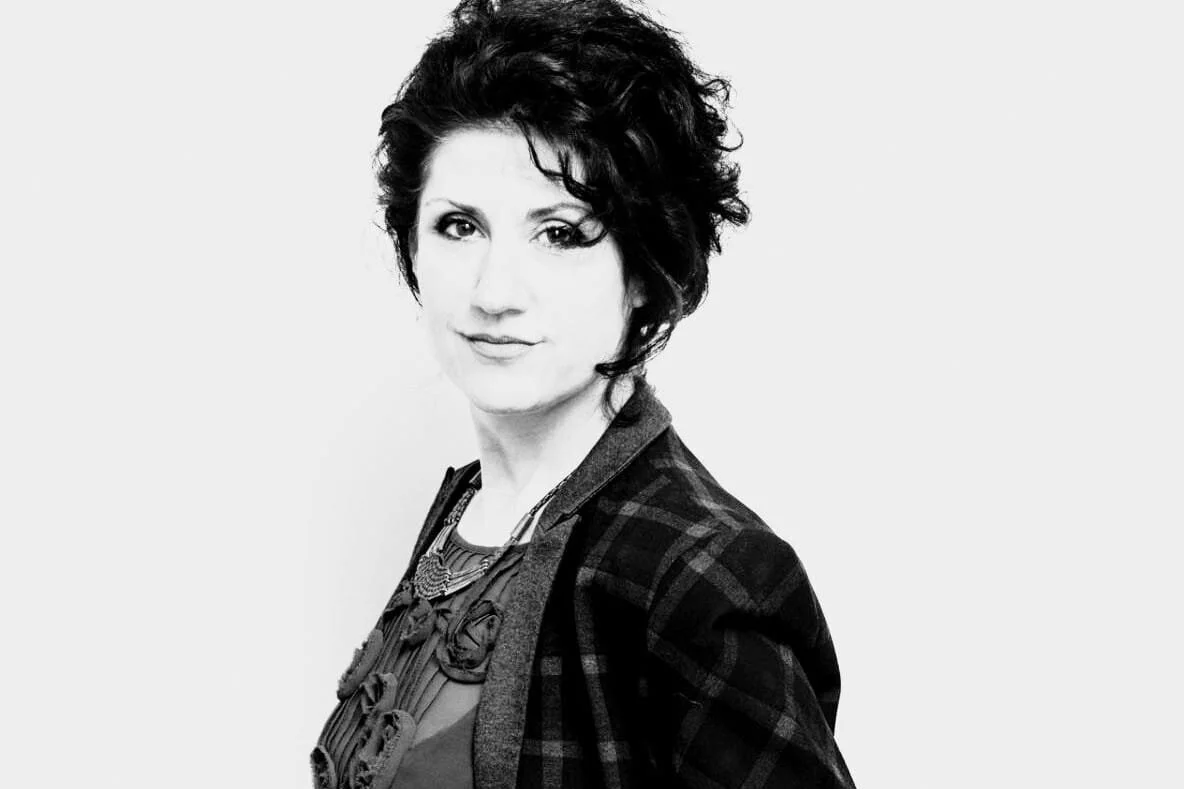bulgata
Hristo Dimitrov
Manager, contributing translator.
Hi. I am a medical doctor fond of literary experiments, and this is one of them. bulgata.com is a new, fast-developing internet space housing Bulgarian verses and prose. Most of the texts are translated from Bulgarian, but there are some written originally in English. The site is focused on contemporary authors, but there will be some space for Bulgarian classics as well. The site tries to stay neutral to any political, ideological or aesthetical argument. Welcome and enjoy!
Teodora Nikolova
Editor-in-chief, contributing author
With this platform we would like to give you the pleasure of an encounter with Bulgarian literature. Although it has so far been somewhat inaccessible, due to scantiness of translations and other reasons, the Bulgarian literature has always been a part of the European culture. The Bulgarian-born playwright and critic Elias Canetti won the Nobel Prize in Literature in 1981, and one of the Bulgarian classics- Pencho Slaveykov- was nominated for the Prize in 1912. Some of our contemporary authors -Georgi Gospodinov, Teodora Dimova, Zachary Karabashliev, Petar Tchouhov, have been translated in many languages and enjoy international admiration. Our site is another attempt of making contemporary Bulgarian literature readable and visible. Our growing collection of texts presents a variety of styles and perspectives in poetry and prose. Our aim is to include authors already published in Bulgaria, yet still unknown to the English-speaking reader. With our interviews and critical materials, generated by Bulgata and quoted from other sources, we’d like to enrich your appreciation of the texts. Give us a try; we hope we will be a fine morsel for your literary taste!
Tom Phillips
Translator, contributing editor
Until recently, very little Bulgarian literature had been translated into English and so when I started learning the language and being able to read - and eventually translate - it for myself, it was like finding a key to a library that many people in the Anglophone world either don’t even know exists or for whom the door remains locked. In my experience, however, when people who don’t speak the language encounter Bulgarian literature in translation - when they get the opportunity to peek into that library, as it were - they, like me, are immediately drawn to its diversity, its richness, its unfamiliar (to them) perspectives and modes of expression. The audience is growing, in other words - and that can only be a good thing.



